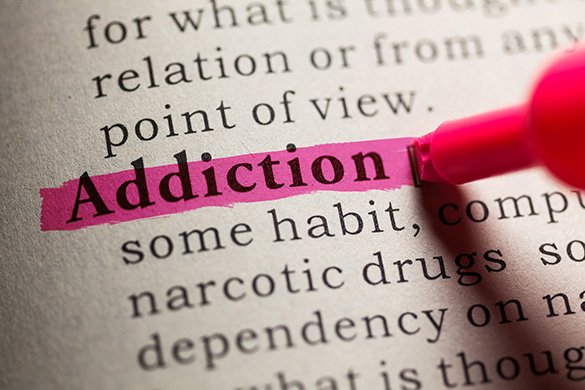No products in the cart.
Addiction is a complex issue that affects millions of lives worldwide, and Ibogaine has shown promising results in helping individuals break free from its grip.
Ibogaine is a naturally occurring psychoactive substance derived from the root bark of the West African shrub, Tabernanthe iboga. It has been used traditionally for centuries in religious and healing rituals.
When someone becomes addicted to a substance, such as drugs or alcohol, their brain undergoes significant changes. The reward center of the brain becomes hijacked, leading to intense cravings and compulsive drug-seeking behaviors.
Ibogaine interacts with various neurotransmitter systems in the brain, particularly those involved in addiction. It binds to certain receptors, modulating their activity and initiating a series of complex biochemical processes.
One of the most intriguing aspects of Ibogaine is its ability to reset the addicted brain. It has been suggested that Ibogaine can help to “reboot” the brain’s reward system, essentially reversing the neuroadaptations caused by addiction. This reset alleviates withdrawal symptoms, reduce cravings, and promotes long-term abstinence.
Addiction is not just a physical dependency; it also encompasses psychological and emotional factors. Ibogaine’s psychoactive properties can induce introspection and provide individuals with profound insights into their addictive patterns and underlying issues. This newfound self-awareness can be instrumental in breaking the cycle of addiction.
While Ibogaine shows promise, it is crucial to mention that it should only be administered under medical supervision. Due to its potent effects, there are potential risks involved, particularly for individuals with certain pre-existing medical conditions. It is imperative to consult with qualified healthcare professionals before considering Ibogaine therapy.
Disclaimer: Always consult with qualified healthcare professionals before making any treatment decisions.



Comments are closed